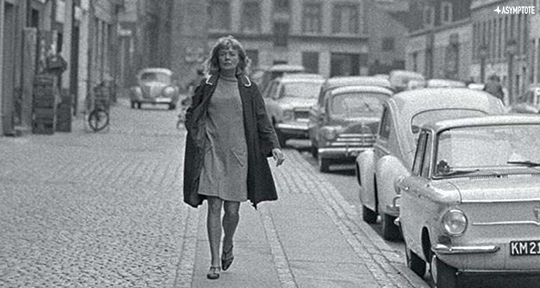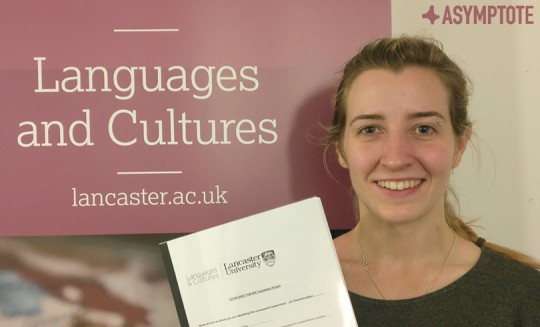In 2021, two publishing giants—Penguin and Farrar, Straus and Giroux—sent Danish writer Tove Ditlevsen’s collected memoirs, The Copenhagen Trilogy, out into the world. A huge hit upon release, readers praised Ditlevsen’s emotional power, her passionate dedication to the life of words, her wry humour, and her uncanny, incisive gift for description. Long celebrated in her home country, Ditlevsen had taken a long time to find the same audience in the English language—and it is largely thanks to the dedication and prowess of her translator, Tiina Nunnally, that we were finally able to meet this brilliant mind on the page. Now, in this essay, Nunnally tells the story of the discursive journey that the Trilogy took to its now-massive Anglophone audience, and how Ditlevsen opened up the way for her to change her life.
At the end of Youth, the second volume of her collected memoirs, The Copenhagen Trilogy, Danish author Tove Ditlevsen receives a copy of her first published book, a slim poetry collection titled Pigesind (Girl Soul). And for her, it’s a revelation:
My book! I take it in my hands and feel a solemn happiness, that isn’t like anything I’ve ever felt before. . . . It can’t be taken back anymore. It is irretrievable. . . . Maybe my book will be in the libraries. Maybe a child, who in all secrecy is fond of poetry, will someday find it there. And that odd child doesn’t know me at all. She won’t think that I’m a living young girl who works, eats, and sleeps like other people. . . .Tonight I want to be alone with it, because there’s no one who really understands what a miracle it is for me.
When I translated those words in 1984 and then, a year later, saw them in print for the first time, it was an equally momentous experience. My translations of Ditlevsen’s Childhood and Youth were issued by Seal Press in one volume under the title Early Spring. It was my first published book, and how it came to be published at all seemed to me a miracle. READ MORE…


